Affiliate Marketing: A Comprehensive Guide to Performance-Based Marketing
1. Introduction to Affiliate Marketing
1. Participants: The key participants in affiliate marketing are:
- Advertiser/Merchant: The company or business that offers a product or service and wants to promote it through affiliates. They set up an affiliate program and provide affiliates with promotional materials and tracking links.
- Affiliate/Publisher: The individual or company that promotes the advertiser's products or services through various marketing channels. Affiliates can include bloggers, content creators, influencers, website owners, and even companies with their own marketing channels.
- Affiliate Network: An intermediary platform that connects advertisers with affiliates. Affiliate networks provide tracking, reporting, and payment solutions. They can also offer a marketplace for advertisers to find affiliates and vice versa.
2. Participants in Affiliate Marketing
2. Affiliate Link and Tracking: Affiliates are given unique tracking links or affiliate links by the advertiser. These links have a specific code that identifies the affiliate and tracks their referrals. When a user clicks on an affiliate link, a cookie is stored on their browser, enabling the tracking system to identify the affiliate responsible for the referral.
3. Affiliate Links and Tracking
3. Commission Structure: Affiliates earn a commission based on a predetermined agreement with the advertiser. The commission structure can vary, but common models include:
- Pay per Sale (PPS): Affiliates earn a percentage or fixed amount for each sale made through their referral link.
- Pay per Click (PPC): Affiliates earn a commission for each click on their affiliate link, regardless of whether a sale is made or not.
- Pay per Lead (PPL): Affiliates earn a commission when a referred user completes a specific action, such as signing up for a newsletter or filling out a form.
- Pay per Acquisition (PPA): Affiliates earn a commission when a referred user completes a specific action, such as making a purchase or subscribing to a service.
4. Commission Structures in Affiliate Marketing
4. Promotion Channels: Affiliates can promote products or services through various marketing channels, including:
- Websites/Blogs: Affiliates create content on their websites or blogs, such as reviews, tutorials, or product recommendations, and include affiliate links within the content.
- Social Media: Affiliates leverage their social media presence to promote products or services through posts, stories, or videos that contain affiliate links.
- Email Marketing: Affiliates can include affiliate links in their email newsletters or dedicated promotional emails.
- YouTube/Video Marketing: Affiliates create videos on YouTube or other platforms, reviewing or demonstrating products, and including affiliate links in the video descriptions.
- Coupon/Deal Sites: Affiliates provide exclusive coupons or deals and earn a commission when users make a purchase using their coupon codes or referral links.
5. Promotion Channels in Affiliate Marketing
5. Tracking and Reporting: Affiliate networks or tracking software provide affiliates and advertisers with reporting tools to track clicks, conversions, and commissions. This data helps affiliates analyze their marketing efforts and optimize their campaigns for better performance.
6. Tracking and Reporting in Affiliate
Marketing
6. Compliance and Ethics: Affiliate marketing requires affiliates to disclose their relationship with the advertiser and comply with relevant laws and regulations, such as the Federal Trade Commission (FTC) guidelines in the United States. Ethical affiliate marketers focus on providing value to their audience and promoting products or services they genuinely believe in.
Overall, affiliate marketing provides a win-win situation for both advertisers and affiliates. Advertisers gain exposure and sales through the efforts of affiliates, while affiliates can earn passive income by promoting products or services they trust and enjoy.
7. Affiliate Program Management
7. Affiliate Program Management: Advertisers typically manage their affiliate programs in-house or through affiliate networks. The management includes setting commission rates, creating promotional materials (such as banners, text links, and widgets), and providing affiliates with resources and support.
8. Types of Affiliate Programs
8. Affiliate Program Types: There are different types of affiliate programs that advertisers can implement:
- Self-Hosted Affiliate Programs: Advertisers manage their affiliate programs directly on their own websites. They provide affiliates with unique affiliate links and track conversions internally.
- Affiliate Networks: Advertisers can join affiliate networks like Commission Junction, ShareASale, or Amazon Associates. These networks act as intermediaries, connecting advertisers with affiliates and handling tracking, reporting, and payments.
- In-house Affiliate Platforms: Some larger companies develop their own affiliate platforms to manage their affiliate programs efficiently.
9. Affiliate Approval and Application
9. Affiliate Approval and Application: To become an affiliate, individuals or businesses typically need to apply to the advertiser's affiliate program. The advertiser reviews applications and approves affiliates based on their suitability, such as the quality of their content, their audience size, or their promotional strategies.
10. Affiliate Disclosure
10. Affiliate Disclosure: Transparency is essential in affiliate marketing. Affiliates are required by law (such as the FTC guidelines in the United States) to disclose their affiliate relationship to their audience. This disclosure can be done through disclaimers on websites or blogs, mentioning the affiliate relationship in social media posts, or using specific hashtags like #ad or #affiliate.
11. Cookie Duration in Affiliate Marketing
11. Cookie Duration: When a user clicks on an affiliate link, a cookie is stored on their browser. The cookie typically has a predetermined duration, which can vary from a few hours to several months. If the user makes a purchase within the cookie duration, the affiliate will receive the commission.
12. Affiliate Networks and Marketplaces
12 Affiliate Networks and Marketplaces: Affiliate networks provide a centralized platform where advertisers and affiliates can find each other. They offer a wide range of affiliate programs across different industries. Some networks also offer marketplaces where advertisers can list their programs and affiliates can browse and join them.
13. Performance Tracking and Reporting
13. Performance Tracking and Reporting: Affiliate networks or tracking software provide affiliates with dashboards and reporting tools to track their performance. Affiliates can monitor clicks, conversions, and earnings, allowing them to evaluate the success of their campaigns and make data-driven decisions.
14. Payment Models in Affiliate Marketing
14. Payment Models: Advertisers typically pay affiliates on a regular basis, which can be monthly, bi-monthly, or based on specific payment thresholds. Payment models include:
- Pay-Per-Sale (PPS): Affiliates earn a percentage or fixed amount for each successful sale they generate.
- Pay-Per-Lead (PPL): Affiliates earn a commission when a referred user completes a specific action, such as filling out a form, signing up for a trial, or subscribing to a newsletter.
- Pay-Per-Click (PPC): Affiliates earn a commission for each click on their affiliate link, regardless of whether a sale is made or not.
15. Affiliate Network Fees
15. Affiliate Networks Fees: Affiliate networks may charge fees for their services, either to advertisers or affiliates. These fees can include network access fees, transaction fees, or a percentage of the commission earned by affiliates.
16. Relationship Building in Affiliate Marketing
16. Relationship Building: Successful affiliates focus on building strong relationships with advertisers. This includes providing valuable feedback, suggesting improvements, and collaborating on exclusive offers or promotions. Building trust and open communication with advertisers can lead to better opportunities and increased commissions.
17. Affiliate Marketing Strategie
17. Affiliate Marketing Strategies: Affiliates employ various strategies to promote products or services effectively:
- Content Marketing: Creating high-quality content, such as blog posts, reviews, or tutorials, that educates and engages the audience while incorporating affiliate links.
- Social Media Marketing: Leveraging social media
IF YOU WANT TO LEARN AFFILIATE MARKETING OR EARN MONEY FROM AFFILIATE MARKETING KINDLY CONTACT TO THIS NUMBER 9966738767 ONLY MSG ON WHATSAPP....
THANK YOU 💖

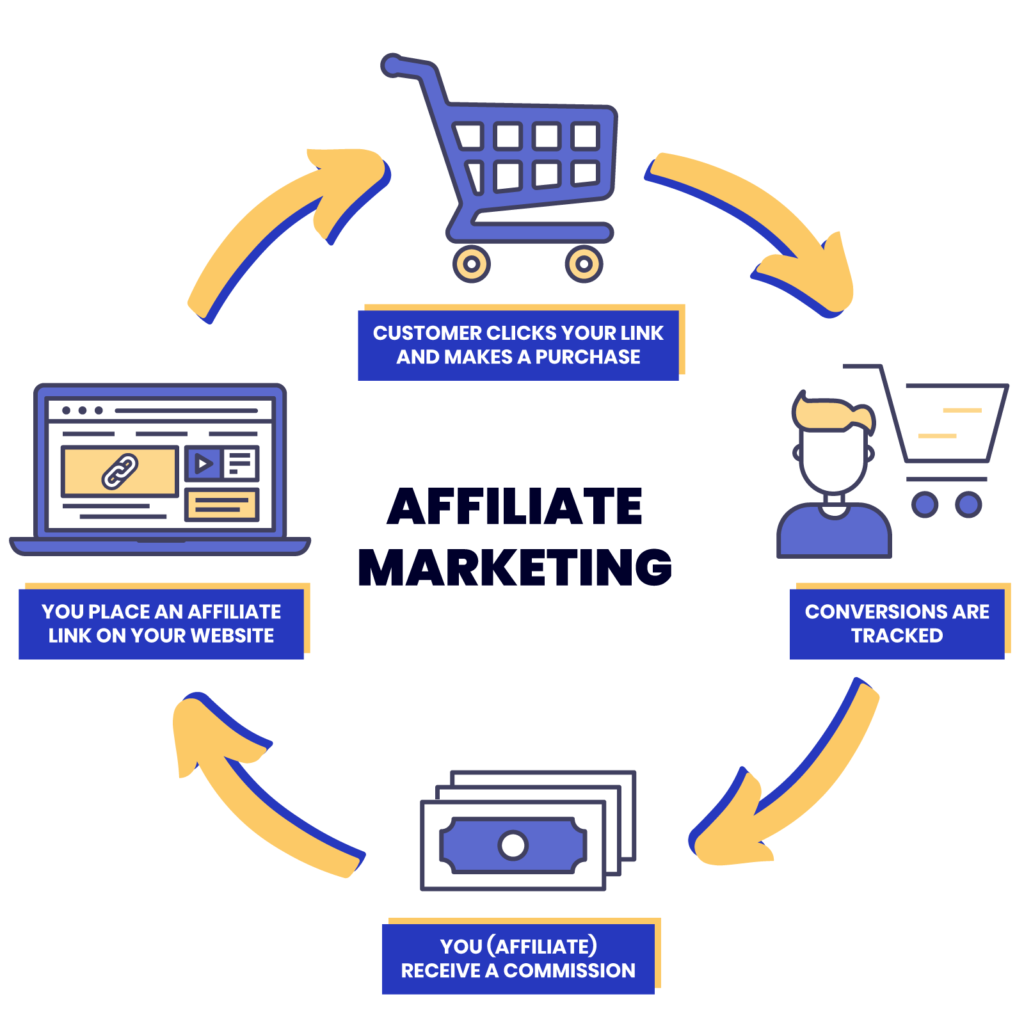


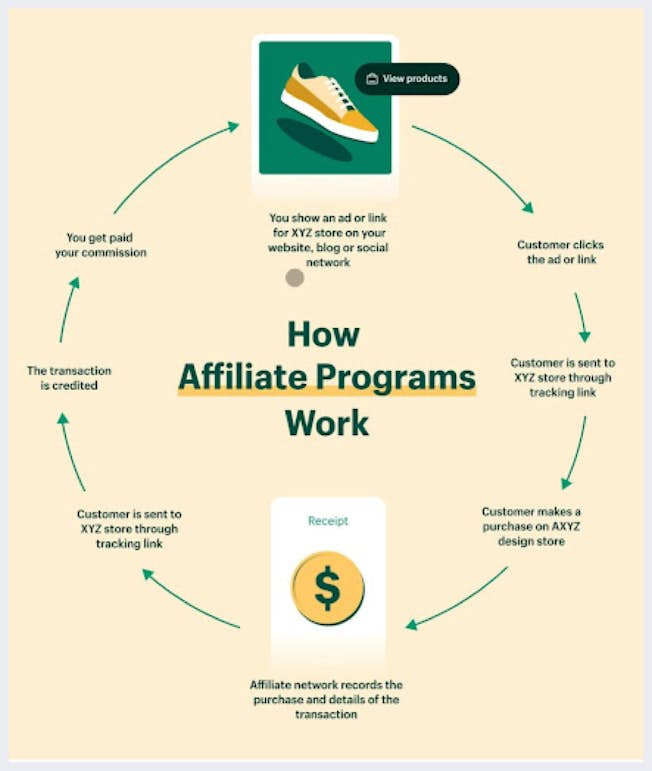
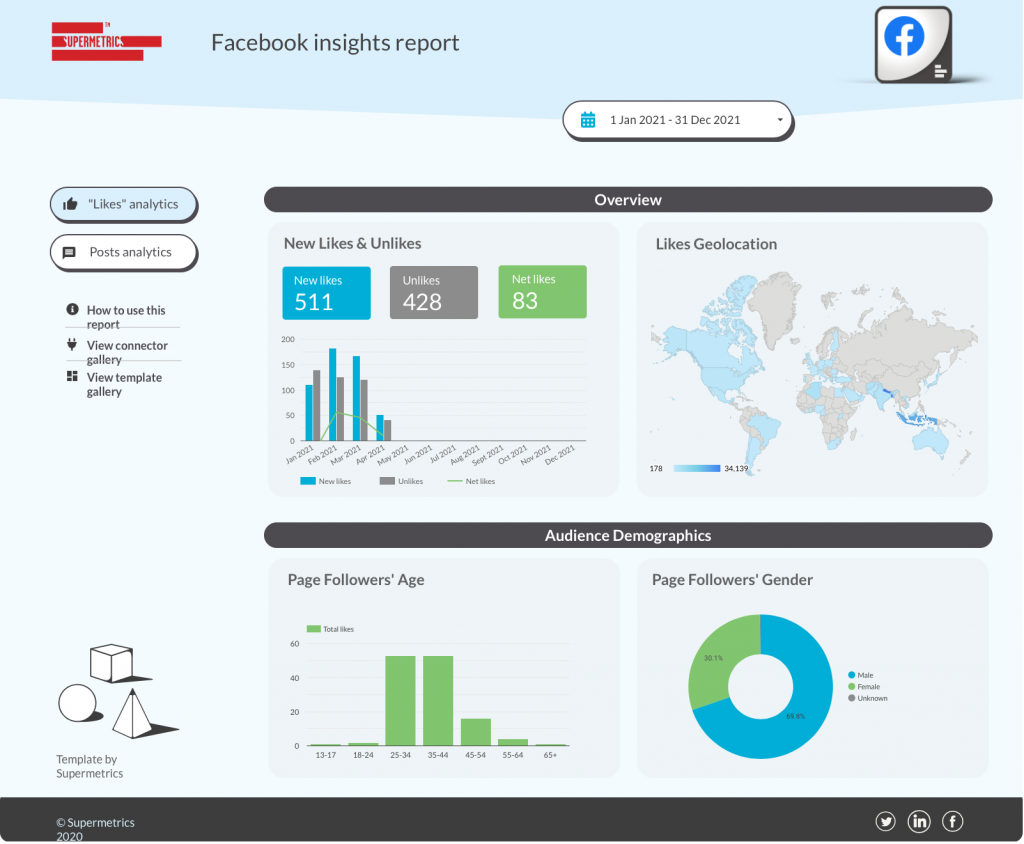







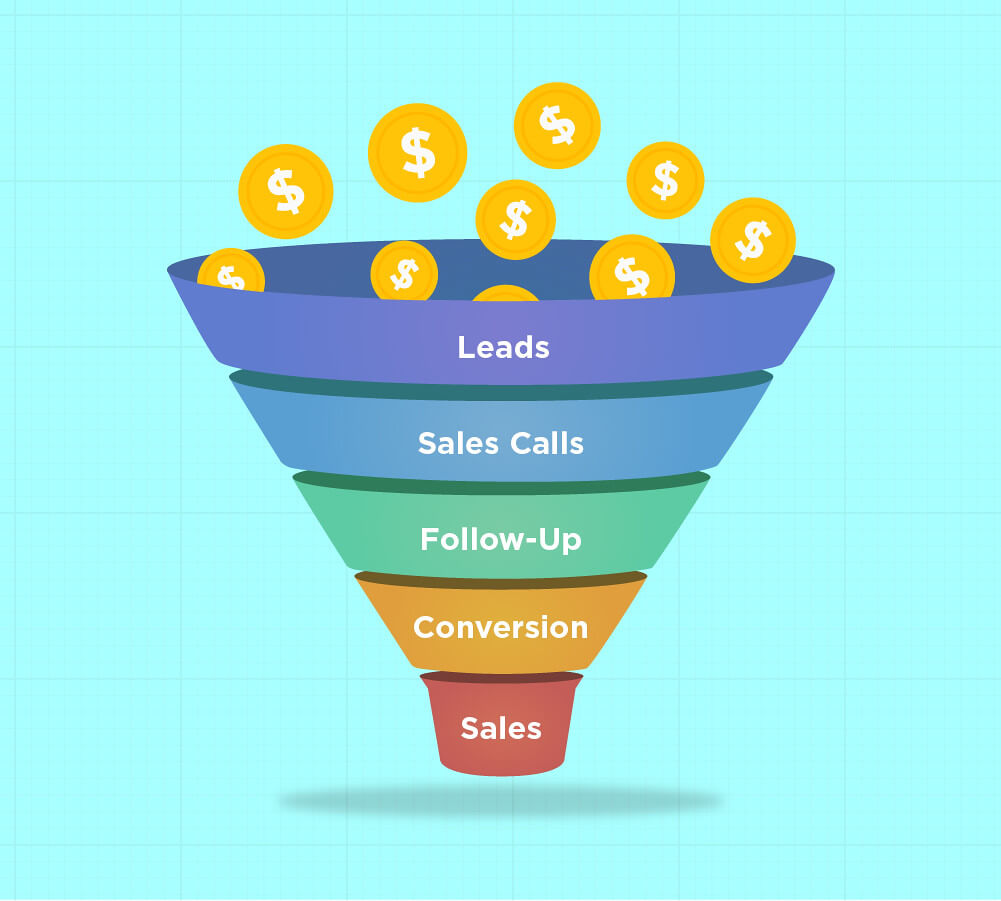

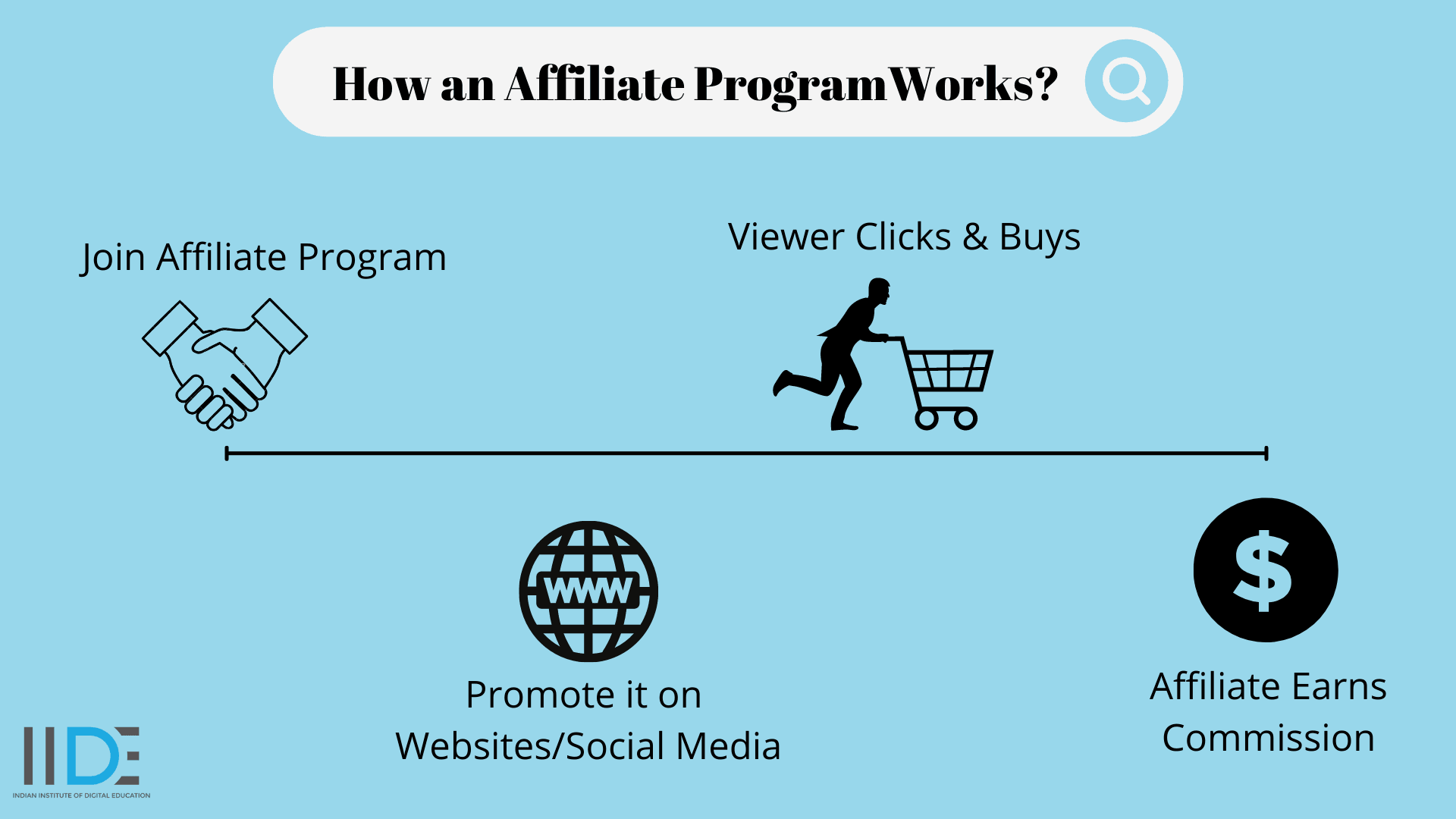
Thanks
ReplyDelete